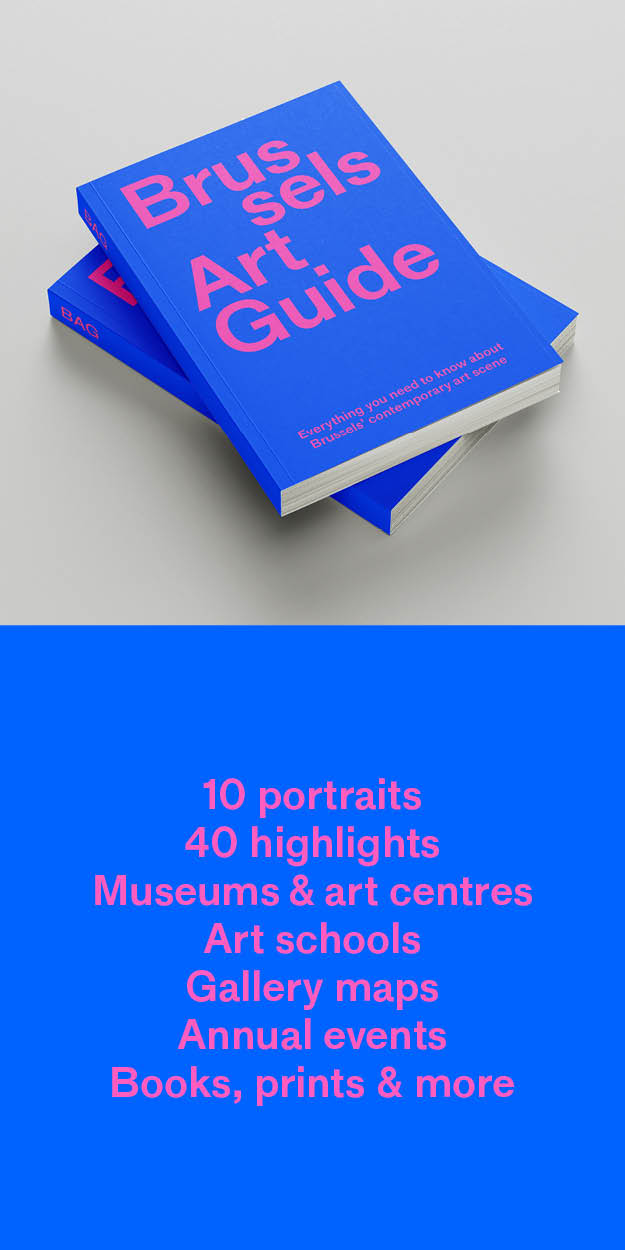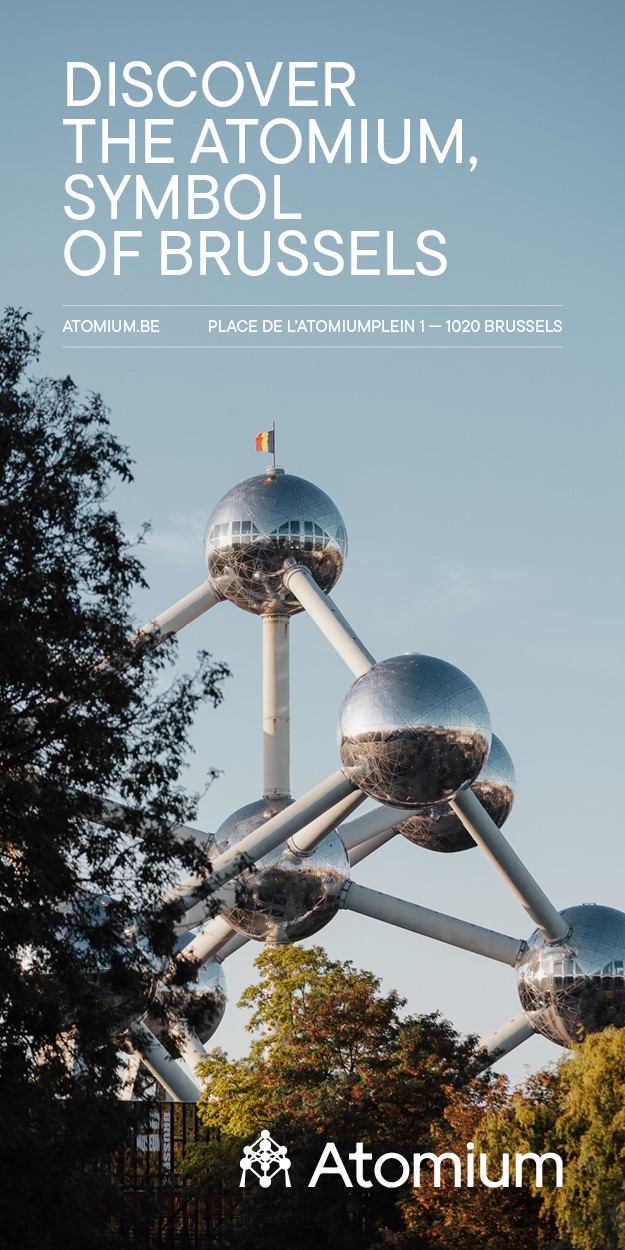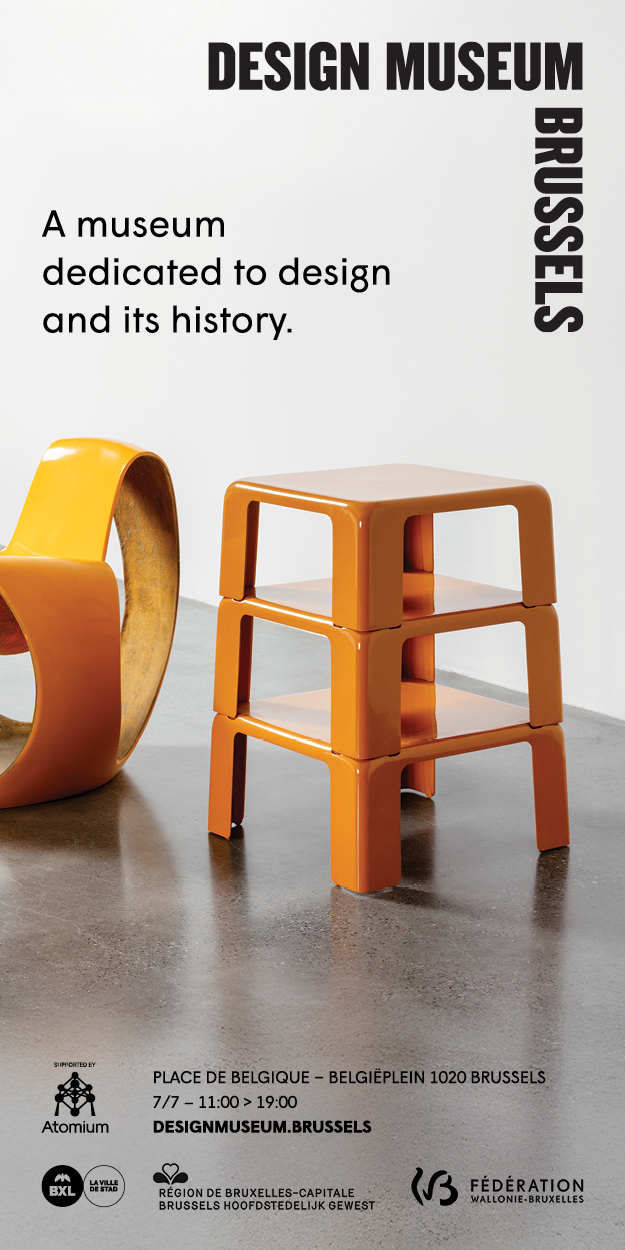From Archives to Design: Audacity and Innovation at CID Gran Hornu, Belgium
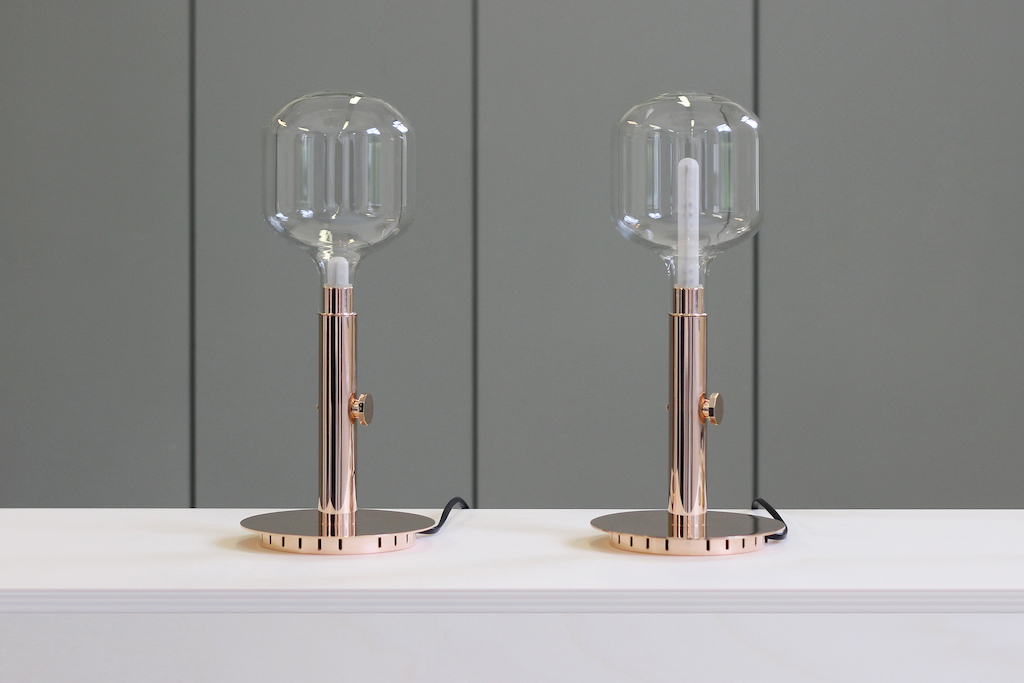
In a world driven by technological advancements and constant change, the concept of innovation has taken on new dimensions. The Centre d’Innovation et de Design (CID) at Gran Hornu in Belgium embraces this ever-evolving notion by presenting a thought-provoking exhibition titled « From Archives to Design: Audacity and Innovation. » Curated by Céline Ganty and Zoé Luc, with scenography by Benjamin Stoz, the exhibition seeks to explore the multifaceted nature of innovation through a dialogue between the CID’s design collection and the Léon Plaetens archives.
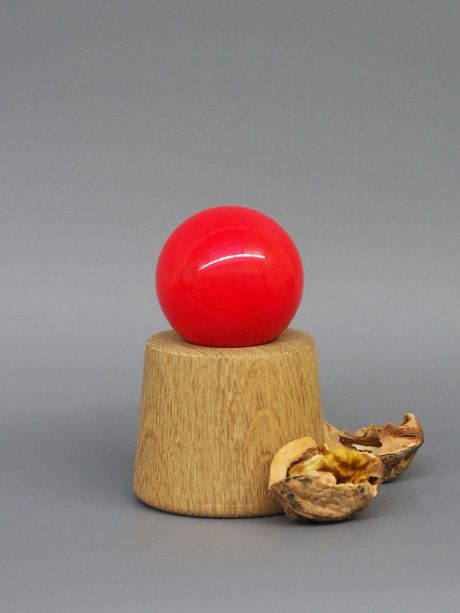
Evolution of Innovation
Throughout history, innovation has transcended its conventional understanding. In the context of the 4th Industrial Revolution, innovation has become synonymous with progress and novelty. However, the term has been overused and is now found in various expressions such as open innovation, participatory innovation, and disruptive innovation. The CID, since its establishment in 2014, has aimed to showcase unconventional and open examples of innovation in design and architecture, fostering a visionary approach that is reflected in its exhibitions and acquisitions.

Quentin de Coster – Lampe Argand – 2014
Exploring Innovation Through Archives and Design
The heart of the exhibition lies in its exploration of innovation through two distinct repositories of progress at Gran Hornu. On one hand, the design collection of the 20th and 21st centuries reflects the evolving creative world, focusing on objects that capture the essence of the creative process and its response to a changing landscape. On the other hand, the Léon Plaetens archives, spanning the 18th to 20th centuries, offer insights into the technical and social innovations that shaped the Grand-Hornu as a working mine.

Emeco – Navy Chair – 1944
Perceptions of Innovation
The exhibition is divided into four chapters, each representing a distinct perspective on innovation. These chapters provide a framework for understanding the evolution of innovation across different periods:
From Growth to Degrowth: This chapter explores the transition from the 19th to the 20th century, marked by the harnessing of electricity and mass production. It delves into the challenges of managing rapid growth and advocates for more responsible and ethical approaches to design, emphasizing frugality and sustainability.
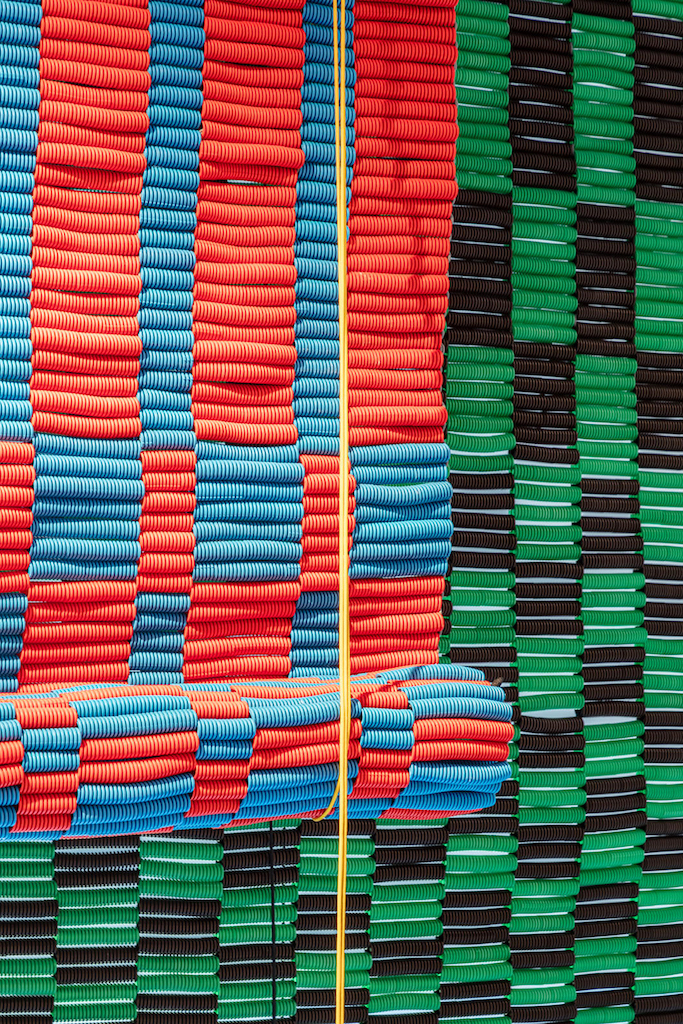
Emma Cogne – Turborama_Petit store – 2018
New Materials and Manufacturing Processes: The development of new materials and manufacturing processes, such as 3D printing and recycling, has revolutionized design possibilities. The chapter highlights how these innovations have transformed the design landscape and created new avenues for creativity.
Craftsmanship and Cutting-Edge Technology: Bridging the gap between tradition and modernity, this chapter examines how designers draw inspiration from historic craftsmanship while integrating cutting-edge technology. Examples of blending traditional and digital techniques showcase the dynamic nature of innovation.
Reimagining and Repurposing: Innovation is also about reimagining and repurposing objects, methods, or spaces. This chapter showcases designers who take familiar concepts and transform them into something new, challenging conventional notions and pushing the boundaries of creativity.

« From Archives to Design: Audacity and Innovation » at CID Gran Hornu is a testament to the ever-evolving nature of innovation. It draws parallels between historical innovations in the coal-mining industry and contemporary design advancements, creating a dialogue that spans centuries. By exploring different facets of innovation, the exhibition challenges preconceptions, celebrates creativity, and invites visitors to reflect on the role of innovation in shaping our world.
Gran Hornu: Rue Sainte-Louise 82, 7301 Boussu

